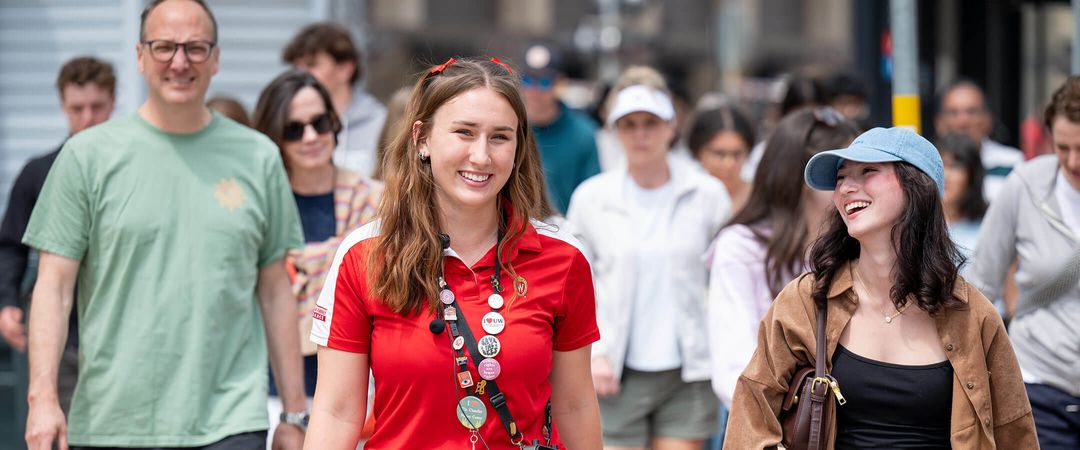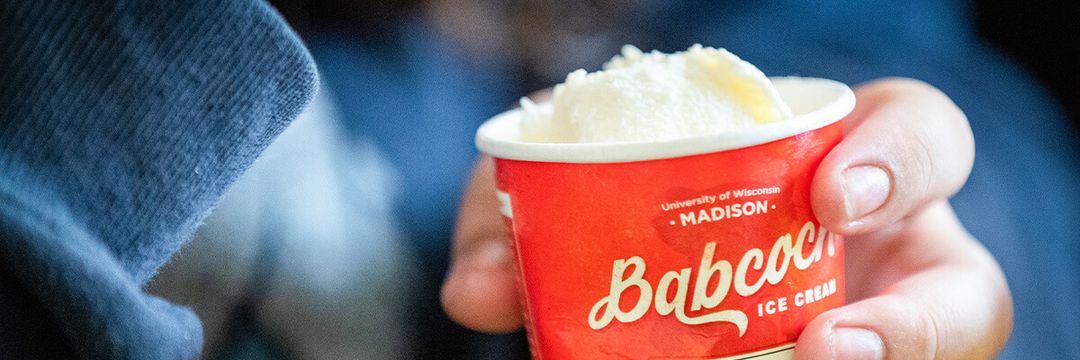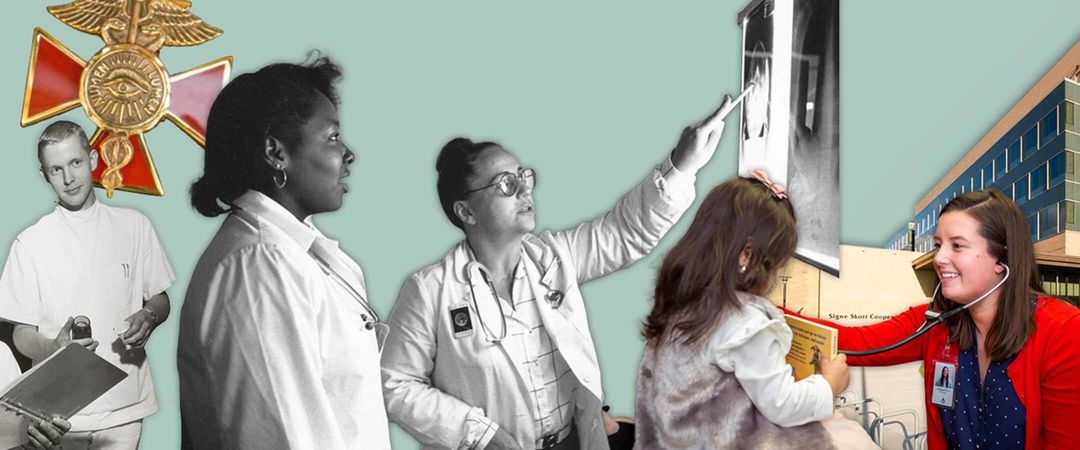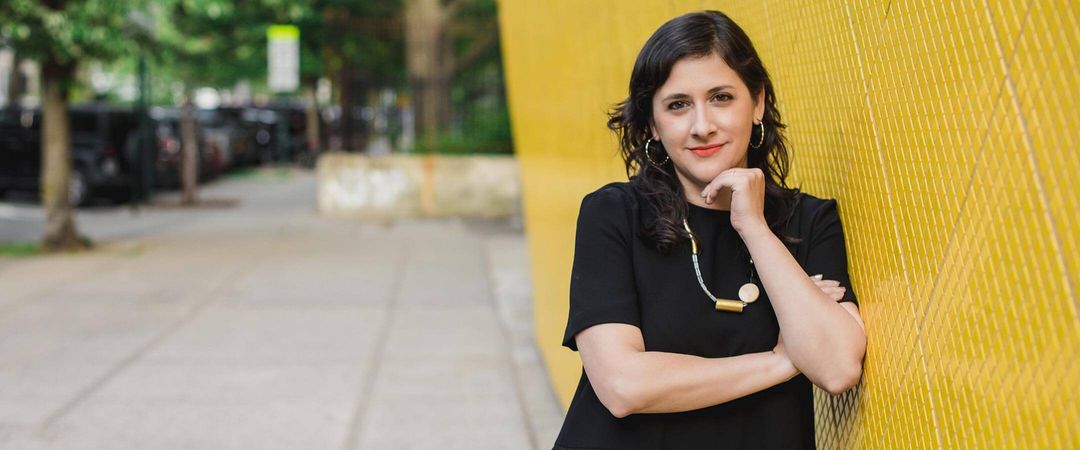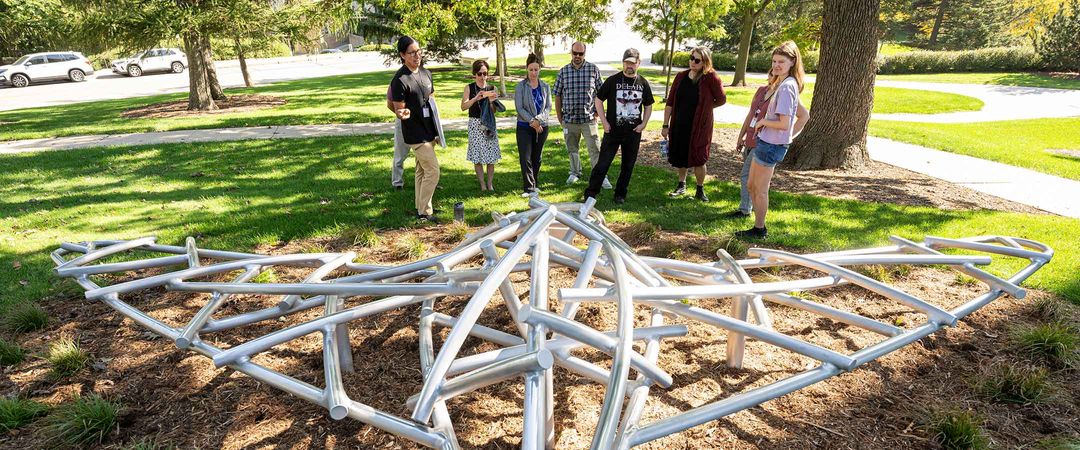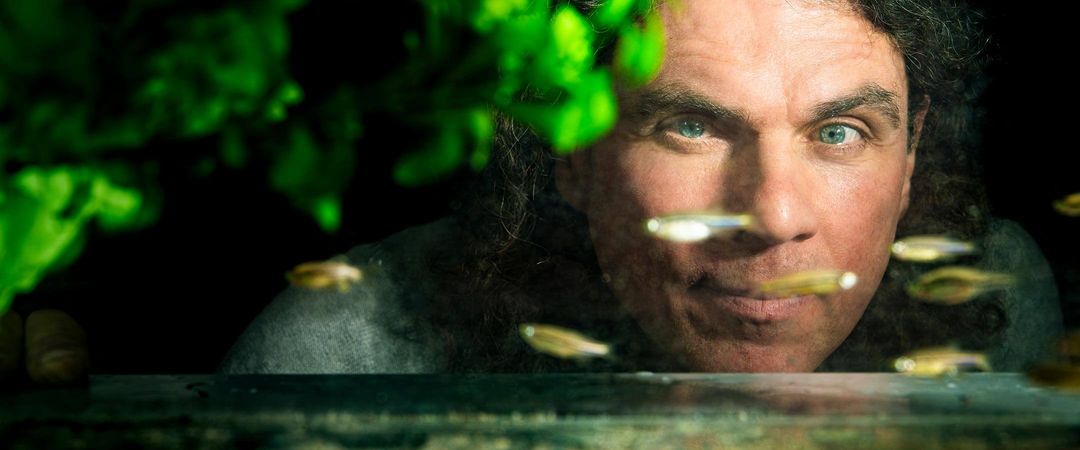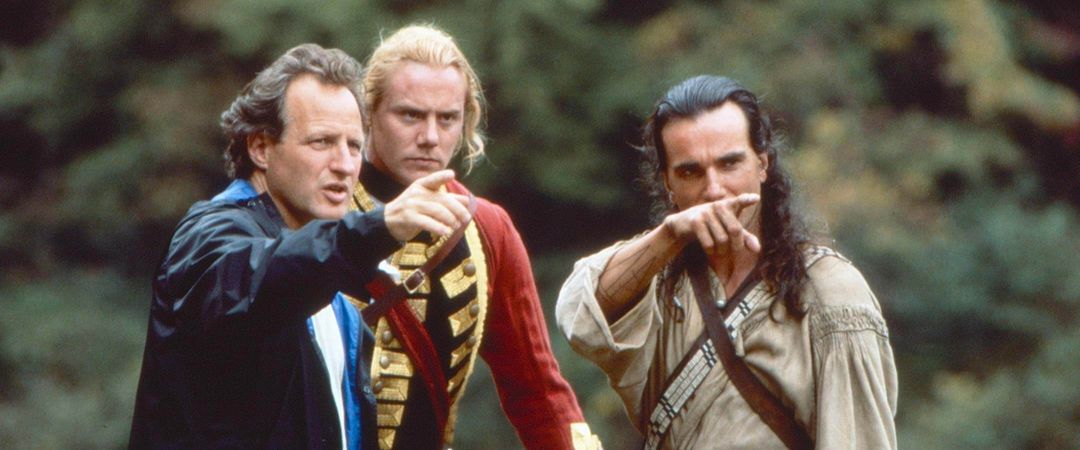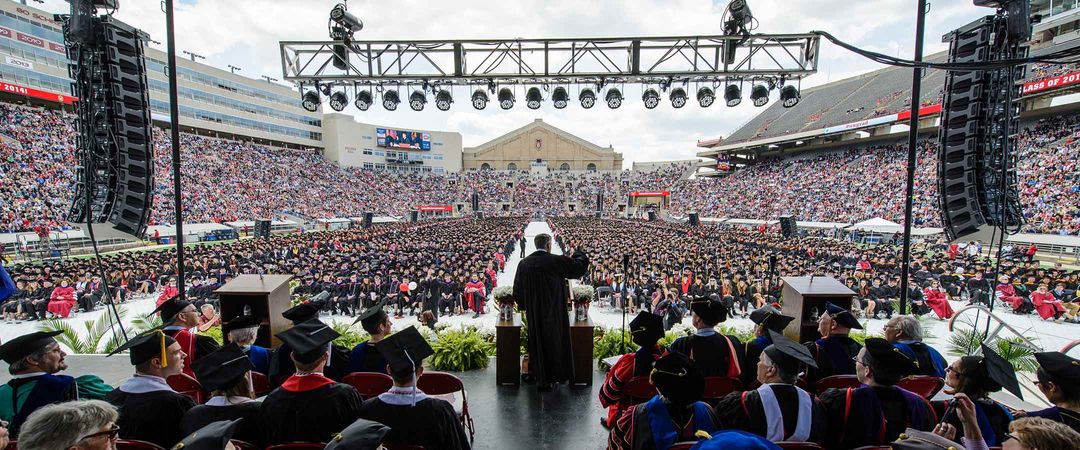Tim Donohue describes himself as a facultative microbiologist. “If you were to look up the word facultative,you would know it refers to microbes that have the ability to change their lifestyle depending on what environment they find themselves in,” he explains. “In my career, I have been fortunate to have an opportunity to move into different areas of research with microbes as the needs of society have evolved.”
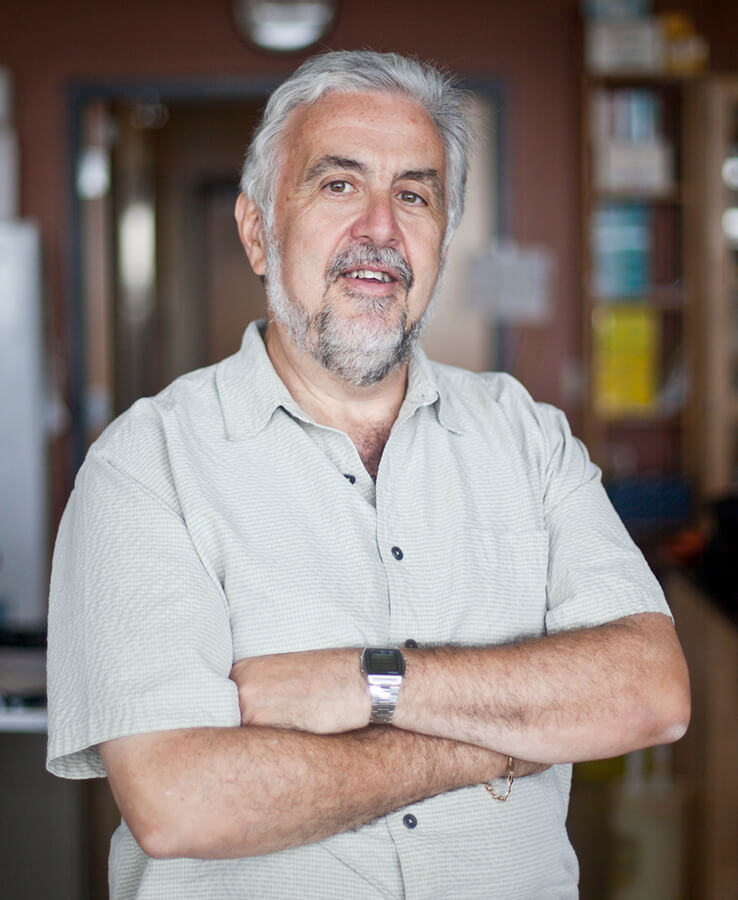
As the Ira L. Baldwin Professor of Bacteriology, a UW Foundation Chairman Fetzer-Bascom Professor, and director of both the Great Lakes Bioenergy Research Center and the Wisconsin Energy Institute, Donohue is using microbiology to address one of society’s greatest needs: clean energy. With the right combination of renewable resources and microbes, or possibly a few genetic tweaks of certain microbes, Donohue and others are working to develop sustainable, low-cost alternatives to fossil fuels, chemicals, and other products.
Chief Area of Research:
I’m an expert in bio-based renewable fuels and chemicals research, or green technologies. If you were sitting next to me on a plane, and asked me what I do, I typically tell people I’m a green microbiologist. I’m a microbiologist by training. Saying I’m a green microbiologist means that I’m studying microbes that have the ability to be catalysts in a green or renewable energy industry in the future, whether they’re using sunlight and converting that into fuels and chemicals, or whether they’re using abundant organic materials as a source of these products.
On The UW Now, I’ll Discuss:
Abundant materials include things like nonfood biomass. That’s what Great Lakes Bioenergy does: it converts nonfood plant materials into fuels and chemicals. It also includes other agricultural residues — things like whey from processing milk to make cheese or yogurt, other residues that are involved in the food industry. We see those as feedstocks to generate chemicals and materials that society needs, either to replace ones that are made from fossil fuels or to make new ones that we can’t make by existing chemical technology now. We can now use known or designer microbial systems to make compounds that people haven’t figured out how to make because microbes have been doing chemistry longer than people.
One Thing I’d Like Viewers to Remember Is:
I’d like to leave them feeling good that Bucky Badger is a leader in this emerging field, and that this university has people in all aspects of clean energy and renewables that society is going to need in the future — and that the people that we have are ready to tackle a complicated problem that requires both deep technical expertise and collaboration. The people here really are — it’s in their DNA to collaborate. I would love to have the alumni know that UW–Madison is ready to help us be leaders in this field. I often give seminars to alumni, and I use the title of “Energizing the Wisconsin Idea.” We’re ready to have energy and renewables be one of the next major examples of the Wisconsin Idea in action.
To Get Smart Fast, Read:
The Great Lakes Bioenergy website — there are a couple of press releases in there that I think our communications team did a really good job on that are high level, big picture: here are the challenges, here’s what we’ve done.
